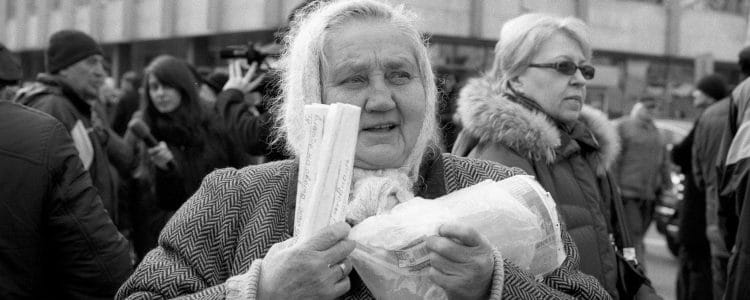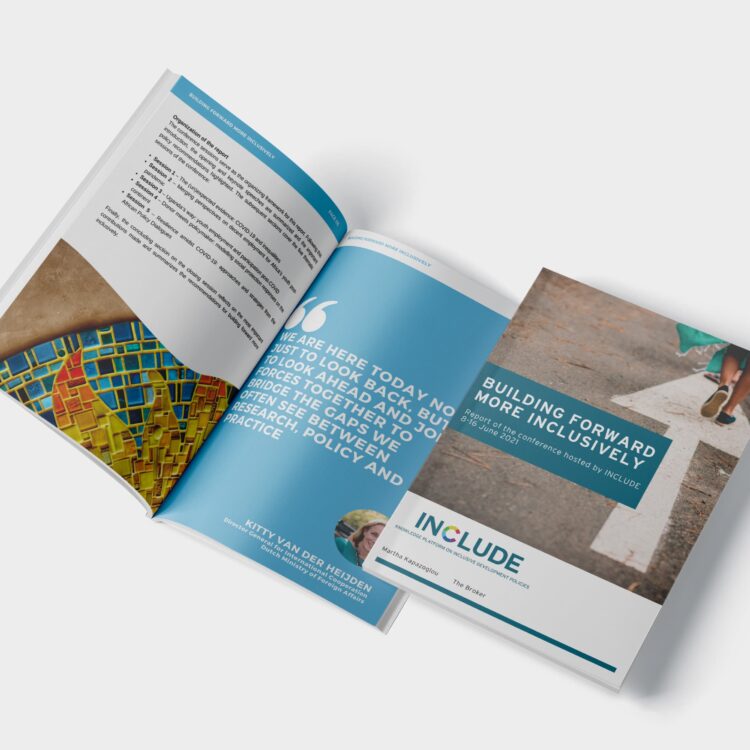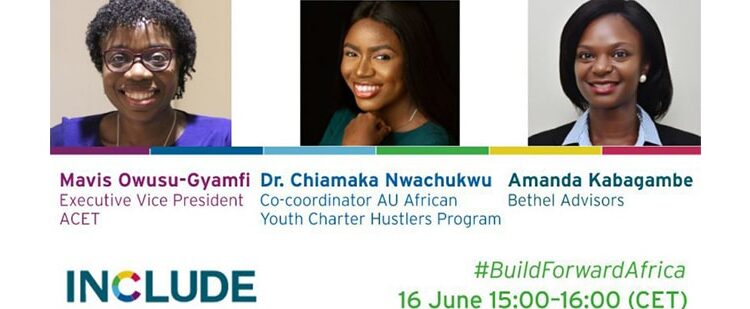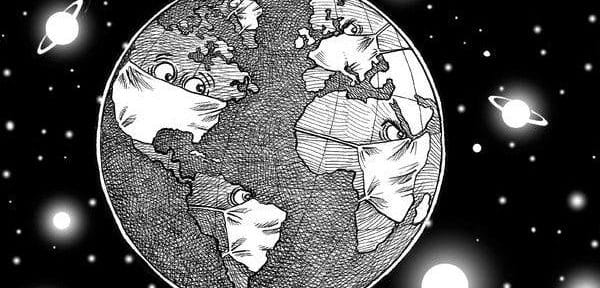
The research programme ‘New roles of CSOs for inclusive development’ investigates the assumptions, solutions and problems underlying the civil society policy framework ‘Dialogue & Dissent’ of the Dutch Ministry of Foreign Affairs. Currently, all the research groups are conducting the empirical part of their research. The ‘Assumptions blog’ provides insight into the fieldwork of the research groups, the researchers share their on-the-ground experiences through this blog. This time, Dr Max Bader, who is principal investigator for the research project ‘Civil society against corruption in Ukraine: political rules, advocacy strategies and impact’, shares his experiences and observations from the field.
Corruption is often described as a ‘prisoner’s dilemma’, “a paradox in decision analysis in which two individuals acting in their own self-interest do not result in the optimal outcome”.1 The same principle counts for corruption, corrupt individuals usually act in their own self-interest which does not result in an optimal outcome. The long-term optimal outcome of course is that no one is corrupt. However, you cannot know how other people will act, and if you decide not to be corrupt while other people are corrupt, you lose. This dilemma means that lack of trust is likely the principal reason for the weakness of Ukrainian civil society. Given the generally strong association between the strength of civil society and low levels of corruption, the weakness of civil society in Ukraine helps sustain corruption. So corruption and the weakness of civil society are locked in a vicious cycle.

Image 1: The vicious cycle of corruption in Ukraine
Accordingly, civil society is at the forefront of the fight against corruption in Ukraine. In our project, we study the political roles, advocacy strategies, and organizational characteristics of civil society organizations involved in this fight at the regional and local level. In addition to yielding valuable insights for our research, the interviews that we conduct with activists make it clear how pervasive the culture of corruption is in Ukraine. From an interview with activist A we may learn that activist B is ineffective, is only interested in winning grants, or is in the pocket of a certain political force. In our interview with activist B we may hear similar allegations about activist A. Two equally convincing activists may also hold diametrically opposed views on the extent to which the local authorities have the political will to counteract corruption. One of the main challenges in our research is to navigate through these conflicting accounts. What should we believe?While recognizing the inherent limits of our data-collection efforts, we triangulate information by speaking with different types of interlocutors, including local journalists and academics, and by consulting different sources.
Through our research we are also continuously confronted with the weakness of Ukrainian civil society, especially outside the nation’s capital. Most of the activists we speak to run organizations which have no meaningful membership and do not receive financial contributions from citizens. Many of those ‘activists’ are engaged in fierce competition over grants from foreign donors. Their activism is contingent on the receipt of such grants: when the organization fails to secure the next grant, if often disappears from view. It is, of course, hardly accurate to view these organizations as representative of Ukrainian civil society.
While Ukrainian activism continues to suffer from interpersonal distrust and organizational weakness, we also see signs of a new dynamic. Practically every organization that works in the area of anti-corruption was established in the four years since the Euromaidan Revolution (locally known as the Revolution of Dignity). While these organizations may not have members, they do often have thousands of followers on Facebook. Moreover, we have also already seen some examples where anti-corruption civil society organizations are actively engaged by regional authorities to monitor certain programmes or contribute to policy change. These are, if interpreted correctly, only the first signs that civil society organizations may take on new roles with the potential of generating more impact. However, for now, the vicious cycle of distrust and fragmentation among civil society organizations continues to be a feature of anti-corruption activism in Ukraine.




